特惠-26考研冲刺
特惠-27考研课
双证-在职硕士
免联考-同等学力
26考研-肖八笔记
26考研-时政刷题
26考研-作文押题
26考研-全套真题
26考研-提前估分
保研-路线图
27考研-智能择校
27考研-英语测评
27考研-新大纲对比
热门-计算机择校

扫码加入训练营
牢记核心词
学习得礼盒
[E]Over one-fifth of Taiwanese women in their late 30s are single; most will never marry. In some places, rates of non-marriage are especially striking: in Bangkok, 20% of 40-44-year old women are not married; in Tokyo, 21%; among university graduates of that age in Singapore, 27%.
[F]In the words of Lee Kuan Yew, former prime minister of Singapore and a keen advocate of Asian values, the Chinese family encouraged “scholarship and hard work and thrift and deferment of present enjoyment for future gain”.
[G]Japanese women, who typically work 40 hours a week in the office, then do, on average, another 30 hours of housework. Their husbands, on average, do three hours. And Asian women who give up work to look after children find it hard to return when the offspring are grown.
Passage 8
In the English-speaking world, people escape from frying pans into fires. In Thailand, the proverb is couched differently: people are said to escape from tigers only to be eaten by crocodiles. (1)_______________With that in mind, the Bank of Thailand raised interest rates on August 24th for the ninth time since mid-2010. But it was a split decision. The economic woes of America and Europe have darkened Asia’s mood. Some can again hear the tiger’s growl.
After last year’s swift recovery from recession, policymakers in developing Asian countries congratulated themselves on the resilience of their economies. (2)_______________In April 2009 the Thai central bank cut rates to 1.25%—lower than in most Asian economies—alongside a fiscal push worth 3% of GDP. Emerging economies were hit harder than optimists expected, but responded better than pessimists feared.
That resilience may be tested again sooner than anyone would have liked. In announcing its latest rate decision, the Bank of Thailand noted the dangers posed to the economy by a slowdown in America and Europe. (3)____________________But the bank found consolation in Thailand’s growing sales to its neighbours and to “new” markets farther afield. Last year China overtook America to become the country’s leading customer.
That trend is not unique to Thailand. Most of its neighbours now sell a smaller share of their exports to America and Europe than they did before the crisis (see chart). The precise percentages may be misleading. These exports include parts and components that may end up in the West, after first being assembled into final products in another country. But there is no denying the trend.
The region’s economies are not, then, as vulnerable to the tiger’s claws as they were in 2008. The crocodile, on the other hand, is uncomfortably close. Thailand’s headline consumer-price inflation (4.1% in the year to July) was too high for the central bank’s comfort, but lower than in many of its neighbours, such as China (6.5%), India, where wholesale prices rose by 9.2%, or Vietnam, where consumer prices rose by an alarming 23% in the year to August.
Asia’s campaign against inflation has dragged on longer than its central bankers hoped. Higher food and commodity prices were expected to drop out of the inflation figures eventually, but instead seem to have leached into other consumer prices. (4)________________The big exceptions are Taiwan, where the discount rate is less than 1.9%, and Singapore, which carries out monetary policy by setting a path for the exchange rate, not the interest rate. With rates in America at rock bottom, and the Singapore dollar set to strengthen against its American counterpart, interest rates in Singapore are extraordinarily low.
Reducing rates would help Asia’s economies withstand a modest slowdown in the West. Goldman Sachs, for example, has cut its 2011 rate forecast for Indonesia, Malaysia, Philippines and Taiwan, but has barely trimmed its growth forecasts for these countries.(5)___________
A fiscal response would do more to buoy demand in the rest of the world, as it did from 2007 to 2009, when budget balances deteriorated markedly throughout the region.
With luck, another stimulus package will not be necessary. A modest slowdown in the West might even take the pressure off prices in Asia, without doing undue harm to the region’s growth—a case perhaps of the tiger eating the crocodile.
[A]Thailand remains highly exposed to global trade: exports, including air conditioners, video cameras and fridges, as well as tourism, accounted for over 70% of its GDP in 2010.
[B] But rate cuts would also weaken the region’s exchange rates, sharpening their competitiveness and doing little to help economies outside Asia.
[C]Their docile banking systems, high saving rates and hoards of foreign exchange shielded them from the worst of the financial chaos. Their efforts to tighten fiscal and monetary policy before the crisis struck gave them room to loosen up in response, as exports collapsed and confidence evaporated.
[D]The Thai economy, like many in Asia, sprang free from the great recession surprisingly quickly. This year the bigger threat has been the widening jaws of inflation.
[E]America will overcome its current economic woes and Europe will muddle through.
[F]One consequence of this prolonged fight is that nominal interest rates have been raised off the floor. Indonesia’s policy rate is now 6.75%; India’s is 8%. That gives central bankers some room to cut if the world economy sags.
[G]Thailand’s new prime minister, Yingluck Shinawatra, is contemplating another budgetary splurge. But policymakers elsewhere will be reluctant to spill the red ink again.
【英语作文】资料这里有↑↑↑

 资料下载
资料下载
2014年-2025年考研历年真题汇总
发布时间:2024-04-25扫码添加【考研班主任】
即可领取资料包
考研大纲PDF电子版下载-历年(附解析)
发布时间:2024-04-25扫码添加【考研班主任】
即可领取资料包
2026年考研政数英备考资料zip压缩包
发布时间:2024-04-25扫码添加【考研班主任】
即可领取资料包
考研英语大纲词汇5500打印版(基础必备)
发布时间:2024-04-25扫码添加【考研班主任】
即可领取资料包
新东方在线考试模拟题【12套】
发布时间:2024-04-25扫码添加【考研班主任】
即可领取资料包
2026年考研专业课知识点总结
发布时间:2024-04-25扫码添加【考研班主任】
即可领取资料包
新东方考研资料下载地址
发布时间:2023-05-17新东方在线考研资料合集
下载方式:微信扫码,获取网盘链接

目录:
1.2013-2023年近10年政数英真题及解析PDF版(新东方)
2.2013-2023年专业课考试历年真题及解析PDF版
3.24考研复习备考资料大合集:大纲+备考资料+词汇书+考前押题+自命题
资料介绍:
1.2013-2023年近10年政数英真题及解析PDF版(新东方)
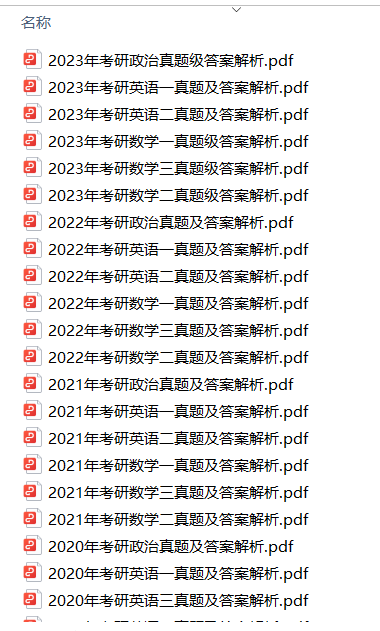 、
、
2.2013-2023年专业课考试历年真题及解析PDF版

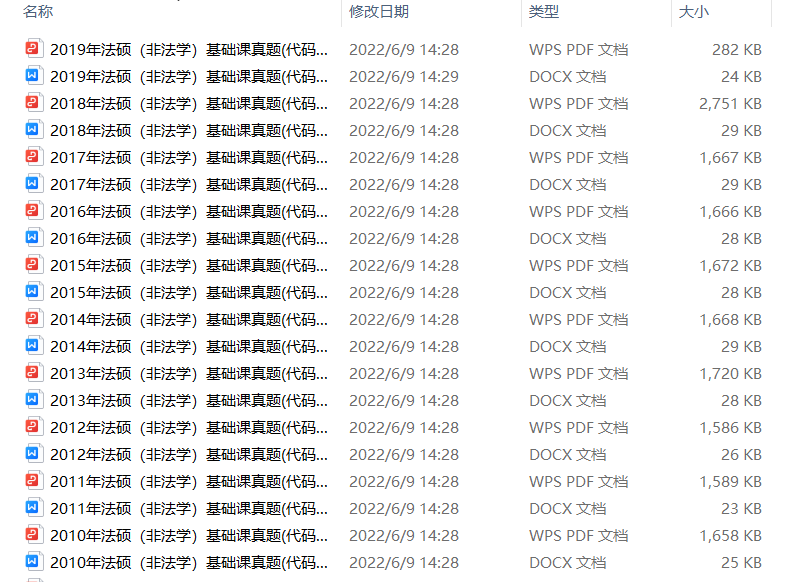
3.24考研复习备考资料大合集
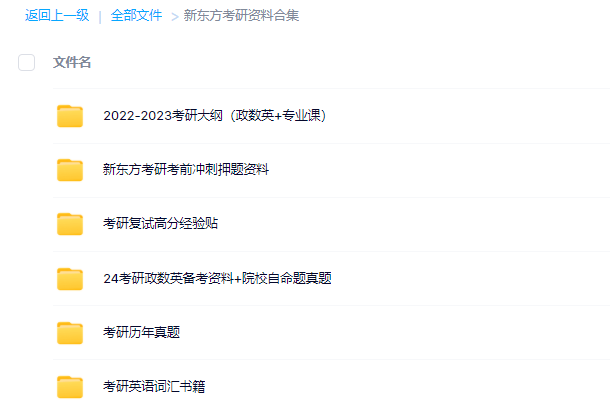
3.24考研复习备考资料:考研大纲

3.24考研复习备考资料:政数英备考资料+自命题真题
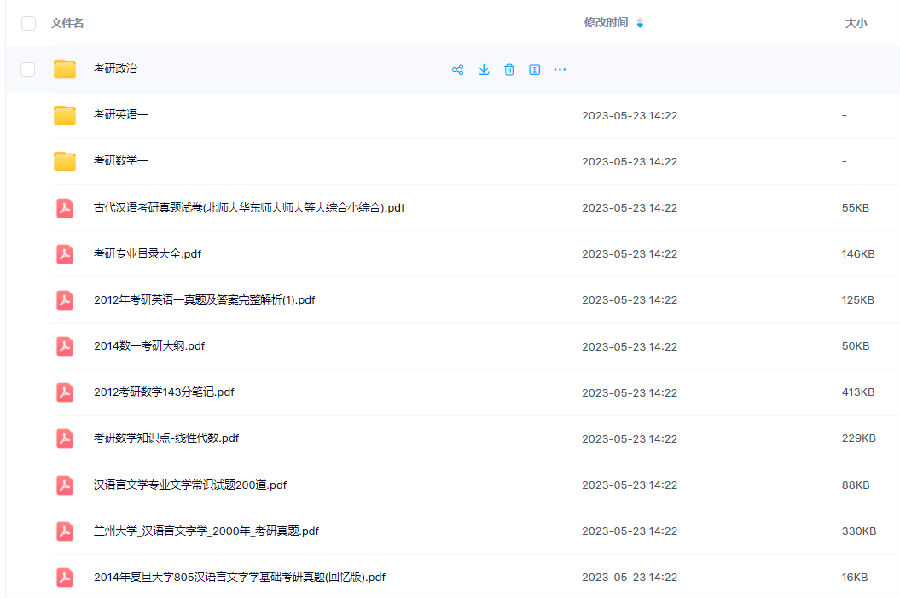
------------------
考研备考过程中,尤其是专业课部分,参考往年的考试真题,对于我们的复习有更好的帮助。北京大学考研真题资料都有哪些?小编为大家进行了汇总。
北京大学考研真题资料-公共课
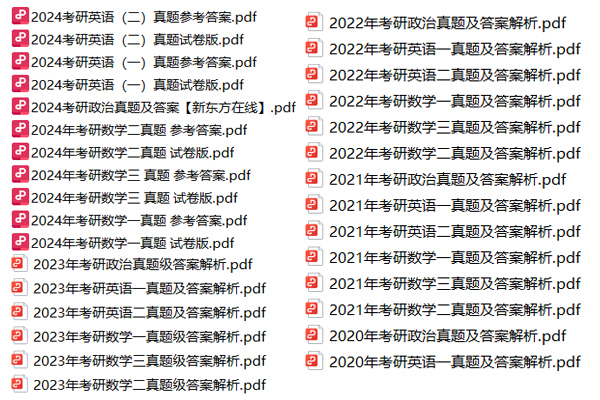
北京大学考研真题资料-专业课


以上就是关于“北京大学考研真题资料下载(历年汇总)”的整理,更多考研资料下载,请关注微信获取下载地址。
2024考研公共课必背知识点汇总
发布时间:2023-01-03扫码添加【考研班主任】
即可领取资料包
2013-2023考研历年真题汇总
发布时间:2023-01-03扫码添加【考研班主任】
即可领取资料包
考研英语大纲词汇(PDF可打印)
发布时间:2023-01-03扫码添加【考研班主任】
即可领取资料包
2024考研专业课知识点总结
发布时间:2023-01-03扫码添加【考研班主任】
即可领取资料包
2023考研政治 内部押题 PDF
发布时间:2022-11-16扫码添加【考研班主任】
即可领取资料包
徐涛:23考研预测六套卷
发布时间:2022-11-16扫码添加【考研班主任】
即可领取资料包
考研政数英冲刺资料最新整理
发布时间:2022-11-16扫码添加【考研班主任】
即可领取资料包
23考研答题卡模板打印版
发布时间:2022-11-16扫码添加【考研班主任】
即可领取资料包
2023考研大纲词汇5500PDF电子版
发布时间:2022-07-28扫码添加【考研班主任】
即可领取资料包
考研历年真题(公共课+专业课)
发布时间:2022-07-28扫码添加【考研班主任】
即可领取资料包
考研英语阅读100篇附解析及答案
发布时间:2022-01-07扫码添加【考研班主任】
即可领取资料包
新东方考研学霸笔记整理(打印版)
发布时间:2022-01-07扫码添加【考研班主任】
即可领取资料包
2001-2021年考研英语真题答案(可打印版)
发布时间:2022-01-07扫码添加【考研班主任】
即可领取资料包
考研英语词汇5500(完整版下载)
发布时间:2022-01-07扫码添加【考研班主任】
即可领取资料包
2022考研政审表模板精选10套
发布时间:2022-01-07扫码添加【考研班主任】
即可领取资料包
历年考研真题及答案 下载
发布时间:2021-12-09扫码添加【考研班主任】
即可领取资料包
考研政审表模板汇总
发布时间:2020-06-17扫码添加【考研班主任】
即可领取资料包
近5年考研英语真题汇总
发布时间:2020-06-17扫码添加【考研班主任】
即可领取资料包
考研英语大纲词汇5500
发布时间:2020-06-17扫码添加【考研班主任】
即可领取资料包
2022考研12大学科专业排名汇总
发布时间:2019-11-21扫码添加【考研班主任】
即可领取资料包
2023考研政治复习备考资料【珍藏版】
发布时间:2019-11-21扫码添加【考研班主任】
即可领取资料包
考研英语万能模板+必备词汇+范文
发布时间:2019-11-21扫码添加【考研班主任】
即可领取资料包
考研数学一、二、三历年真题整理
发布时间:2019-11-21扫码添加【考研班主任】
即可领取资料包

添加班主任领资料
添加考研班主任
免费领取考研历年真题等复习干货资料

 推荐阅读
推荐阅读
为了让考研的同学更高效地复习考研英语,新东方在线考研频道整理了 "考研英语作文复习方法详解 ",考研的同学可以了解一下,希望对大家有所帮助。
来源 : 网络 2025-06-17 08:52:25 关键字 : 考研英语作文
为了让考研的同学更高效地复习考研英语,新东方在线考研频道整理了 "考研英语作文:考研英语二作文常见主题变化 ",考研的同学可以了解一下,希望对大家有所帮助。
来源 : 网络 2025-06-16 08:01:00 关键字 : 考研英语作文
为了让考研的同学更高效地复习考研英语,新东方在线考研频道整理了 "考研英语作文:传统文化的传承与创新 ",考研的同学可以了解一下,希望对大家有所帮助。
来源 : 网络 2025-06-16 08:02:00 关键字 : 考研英语作文
为了让考研的同学更高效地复习考研英语,新东方在线考研频道整理了 "考研英语作文:高分范文解析与学习 ",考研的同学可以了解一下,希望对大家有所帮助。
来源 : 网络 2025-06-16 08:03:00 关键字 : 考研英语作文
为了让考研的同学更高效地复习考研英语,新东方在线考研频道整理了 "考研英语作文写作复习方法:突破写作瓶颈的有效途径 ",考研的同学可以了解一下,希望对大家有所帮助。
来源 : 网络 2025-06-13 08:06:00 关键字 : 考研英语作文

 资料下载
资料下载
扫码添加【考研班主任】
即可领取资料包
扫码添加【考研班主任】
即可领取资料包
扫码添加【考研班主任】
即可领取资料包
扫码添加【考研班主任】
即可领取资料包
扫码添加【考研班主任】
即可领取资料包
扫码添加【考研班主任】
即可领取资料包
新东方在线考研资料合集
下载方式:微信扫码,获取网盘链接

目录:
1.2013-2023年近10年政数英真题及解析PDF版(新东方)
2.2013-2023年专业课考试历年真题及解析PDF版
3.24考研复习备考资料大合集:大纲+备考资料+词汇书+考前押题+自命题
资料介绍:
1.2013-2023年近10年政数英真题及解析PDF版(新东方)
 、
、
2.2013-2023年专业课考试历年真题及解析PDF版


3.24考研复习备考资料大合集

3.24考研复习备考资料:考研大纲

3.24考研复习备考资料:政数英备考资料+自命题真题

------------------
考研备考过程中,尤其是专业课部分,参考往年的考试真题,对于我们的复习有更好的帮助。北京大学考研真题资料都有哪些?小编为大家进行了汇总。
北京大学考研真题资料-公共课

北京大学考研真题资料-专业课


以上就是关于“北京大学考研真题资料下载(历年汇总)”的整理,更多考研资料下载,请关注微信获取下载地址。
扫码添加【考研班主任】
即可领取资料包
扫码添加【考研班主任】
即可领取资料包
扫码添加【考研班主任】
即可领取资料包
扫码添加【考研班主任】
即可领取资料包
扫码添加【考研班主任】
即可领取资料包
扫码添加【考研班主任】
即可领取资料包
扫码添加【考研班主任】
即可领取资料包
扫码添加【考研班主任】
即可领取资料包
扫码添加【考研班主任】
即可领取资料包
扫码添加【考研班主任】
即可领取资料包
扫码添加【考研班主任】
即可领取资料包
扫码添加【考研班主任】
即可领取资料包
扫码添加【考研班主任】
即可领取资料包
扫码添加【考研班主任】
即可领取资料包
扫码添加【考研班主任】
即可领取资料包
扫码添加【考研班主任】
即可领取资料包
扫码添加【考研班主任】
即可领取资料包
扫码添加【考研班主任】
即可领取资料包
扫码添加【考研班主任】
即可领取资料包
扫码添加【考研班主任】
即可领取资料包
扫码添加【考研班主任】
即可领取资料包
扫码添加【考研班主任】
即可领取资料包
扫码添加【考研班主任】
即可领取资料包

 阅读排行榜
阅读排行榜
 相关内容
相关内容